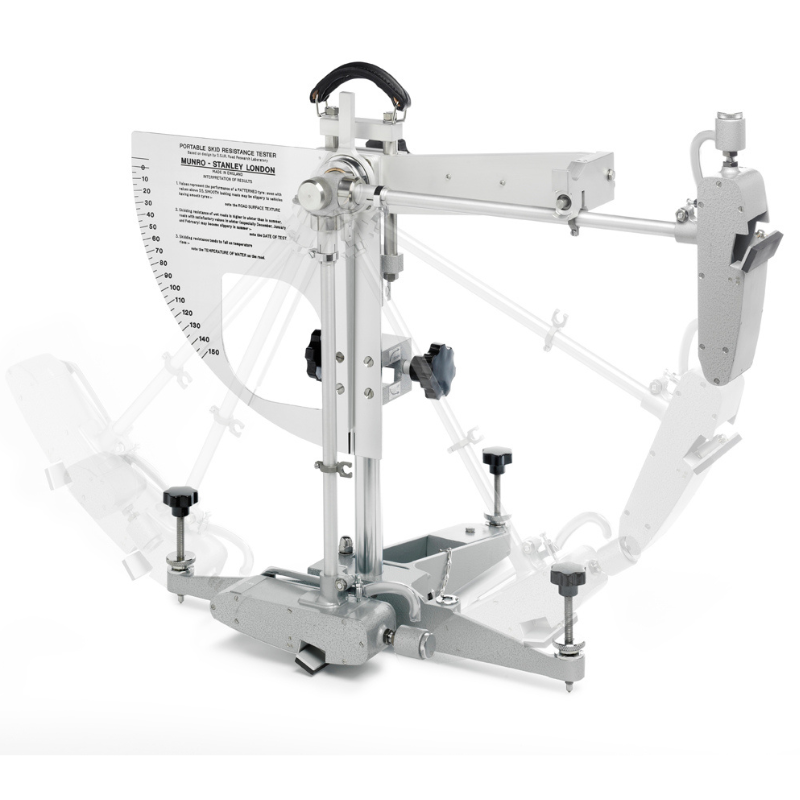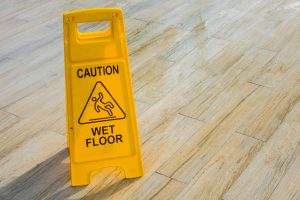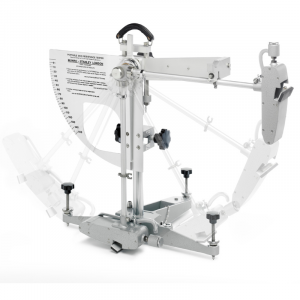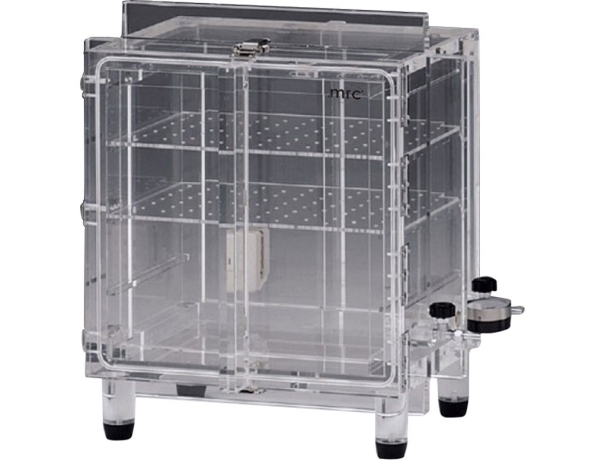Floor safety is a vital aspect of public health and workplace safety. In the UK, anti-slip regulations are designed to minimize accidents caused by wet or slippery surfaces. These laws ensure that businesses, public facilities, and manufacturers maintain safe flooring conditions for everyone.
The Importance of Slip Resistance
Slips, trips, and falls are among the most common causes of workplace injuries. According to the UK Health and Safety Executive (HSE), thousands of incidents occur annually due to insufficient slip resistance. Effective floor safety management reduces injuries, compensation claims, and business disruptions.
Key UK Anti-Slip Safety Regulators
Several regulatory bodies oversee slip safety and floor testing standards in the United Kingdom. Their primary goal is to enforce compliance and promote safer environments.
- Health and Safety Executive (HSE)
The HSE is the main authority for workplace safety in the UK. It provides guidelines for preventing slip-related accidents. HSE sets out recommendations for measuring slip resistance and ensures organizations comply with the Health and Safety at Work Act 1974.
- British Standards Institution (BSI)
The BSI develops testing standards such as BS 7976-2, which defines the use of pendulum testers to measure floor slip resistance. These tests determine the Pendulum Test Value (PTV), indicating how safe a surface is when wet or dry. A PTV above 36 is typically considered low slip risk.
- UK Slip Resistance Group (UKSRG)
The UKSRG is a leading independent body that researches and promotes best practices for slip testing. It publishes comprehensive guidance on testing methods, interpretation of PTV results, and surface maintenance. The group’s recommendations align with HSE expectations, helping companies stay compliant.
Slip Testing and Compliance
Accurate testing is key to assessing the safety of floor surfaces. The Pendulum Slip Test is the UK’s official method for evaluating slip resistance. It’s used by both public and private sectors to verify compliance with regulations.
Industries Affected by Anti-Slip Regulations
Anti-slip regulations impact a wide range of sectors:
- Hospitality – restaurants, hotels, and cafes must ensure safe flooring in kitchens and bathrooms.
- Healthcare – hospitals and clinics require anti-slip flooring to protect patients and staff.
- Education – schools and universities must maintain safe surfaces in corridors and playgrounds.
- Construction – contractors must select compliant flooring materials for public spaces.
Compliance not only ensures safety but also protects brands from legal liability.
Common Causes of Slippery Floors
Even compliant flooring can become hazardous without proper care. Common causes include:
- Spills or leaks not cleaned promptly
- Poor drainage or moisture buildup
- Worn floor coatings
- Incorrect cleaning chemicals
- Lack of regular slip testing
Routine inspection and maintenance are essential to prevent these risks.
How to Stay Compliant
To comply with UK anti-slip regulations, organizations should:
- Conduct regular slip resistance testing using an approved pendulum tester.
- Keep detailed records of test results and maintenance actions.
- Use flooring materials with appropriate slip ratings.
- Provide staff training on spill response and cleaning procedures.
- Partner with certified testing companies for accurate assessments.
Implementing these measures ensures long-term safety and compliance.
Modern Slip Testing Equipment
Modern slip testers, such as pendulum devices, provide precise data for safety evaluations. Munro Instruments, a UK-based manufacturer, is known for producing high-quality pendulum slip resistance testers that comply with BS 7976-2 and UKSRG guidelines. Their devices help companies measure, document, and maintain safe flooring conditions across all industries.
The Role of Documentation
Proper documentation is critical for compliance. Every slip resistance test should produce a detailed report, including:
- Test location and conditions
- Tester model and calibration date
- Wet and dry PTV results
- Risk classification (Low, Moderate, or High)
Maintaining this evidence can protect businesses in case of legal disputes or inspections.
Legal Implications of Non-Compliance
Ignoring anti-slip regulations can lead to severe penalties. Employers may face fines, lawsuits, or even criminal prosecution under the Health and Safety at Work Act. Moreover, reputational damage can be significant, especially after preventable accidents.







